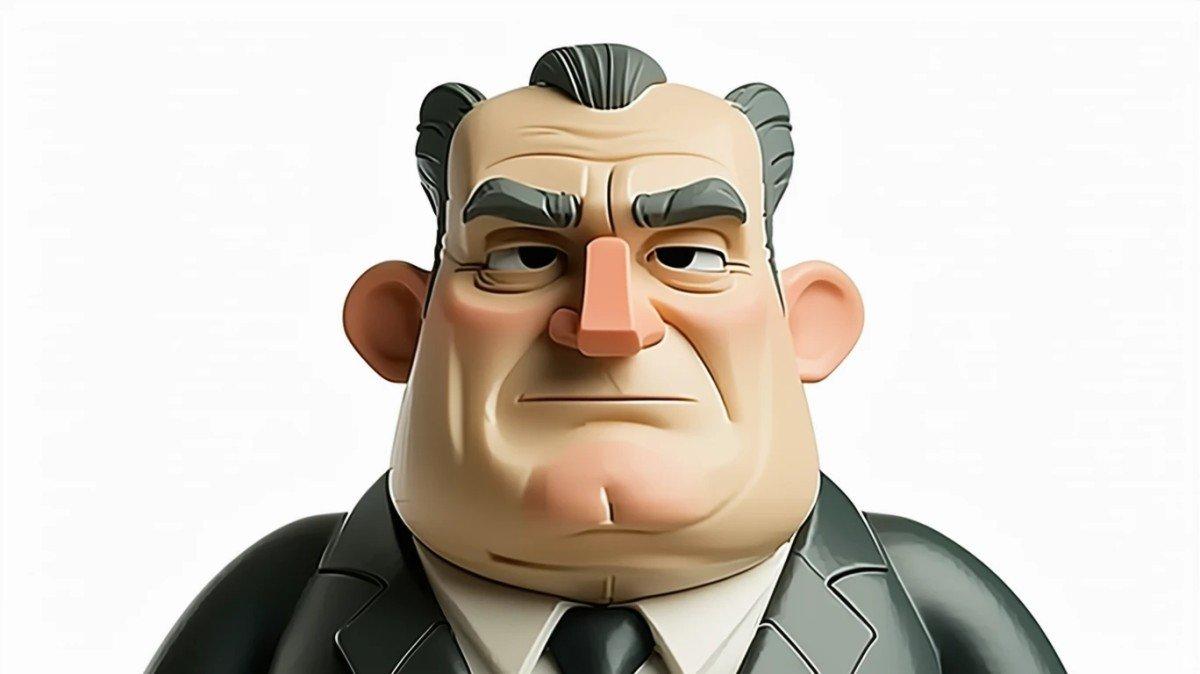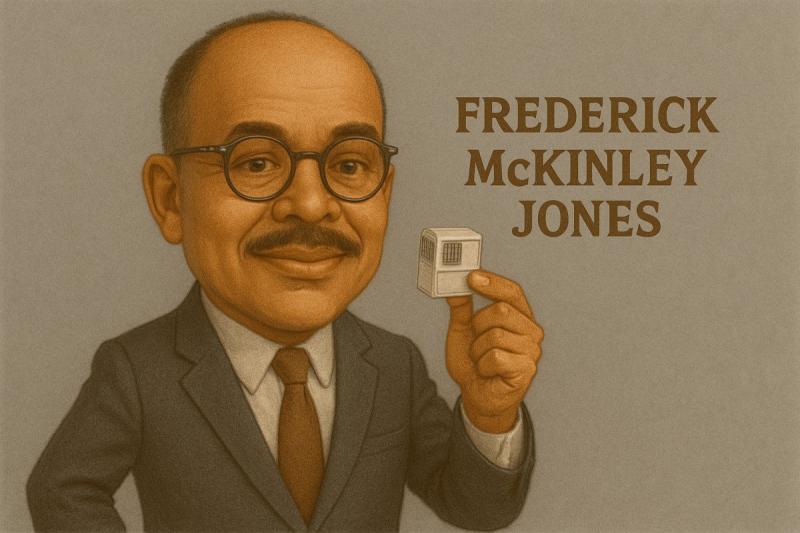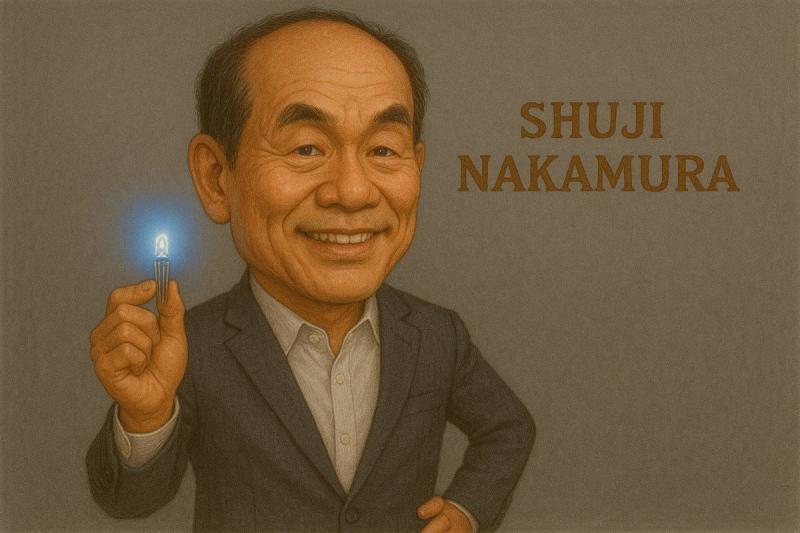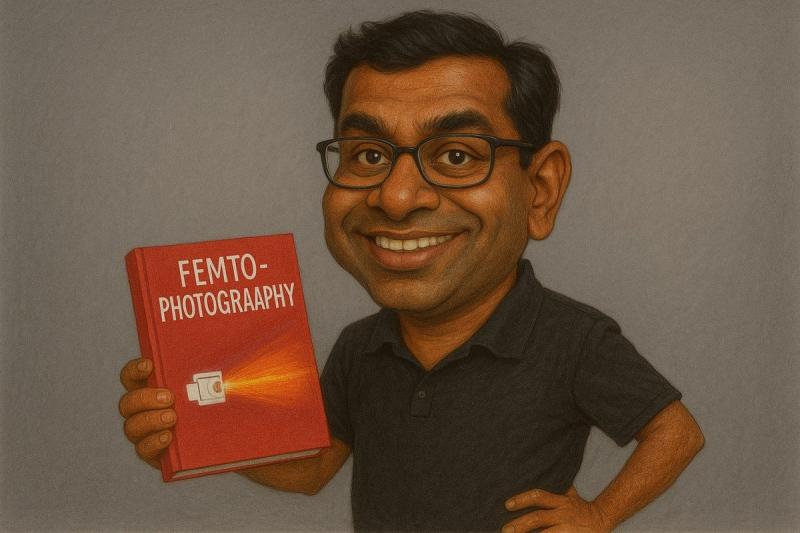William Buckland: The Geologist Who Literally Devoured His Research
Ever heard of a scientist who was as interested in tasting his specimens as he was in studying them? Well, let me introduce you to William Buckland, the 19th-century geologist who turned the animal kingdom into his personal menu.
As a geology nerd myself, I've come across some eccentric characters in the history of earth sciences, but Buckland truly takes the cake—or should I say, takes the mouse on toast? This guy wasn't just breaking new ground in paleontology; he was also breaking conventional dietary restrictions with gusto.
The Scientific Appetite of William Buckland
Born in 1784, William Buckland became one of England's most prominent geologists during a time when the field was still in its infancy. He was Oxford University's first Reader in Geology and later became Dean of Westminster. But his scientific contributions are often overshadowed by his, um, unique culinary adventures.
Buckland wasn't just interested in looking at fossils—he wanted to experience the natural world with all his senses. And I mean ALL of them. While most of us are content with observing, measuring, and maybe touching geological specimens, Buckland added "tasting" to his scientific methodology.
His motto might as well have been: "If it exists in nature, it belongs in my mouth." Not exactly what they teach in Science 101 these days, is it? :/
From Paleontology Pioneer to Gastronomic Gladiator
What makes Buckland fascinating beyond his dietary adventures was his genuine scientific brilliance. He made significant contributions to our understanding of:
- Ancient ecosystems through fossil analysis
- The evidence for glaciation in Britain
- The identification of coprolites (fossilized poop—yes, he probably tasted that too)
In 1824, he described the first recognized dinosaur fossil, which he named Megalosaurus. This was years before the term "dinosaur" was even coined! The man had a knack for being ahead of his time, both scientifically and gastronomically.
But let's be honest, you're not here for his geological achievements. You want to know about the menu at Chez Buckland, don't you?
Buckland's Bizarre Banquet: The Menu
Buckland's home became infamous for serving unusual delicacies to unsuspecting guests. His dinner parties were part scientific symposium, part "Fear Factor" episode. Here's just a sampling of what might appear on your plate if you were lucky (or unlucky) enough to dine with the good professor:
- Mouse on toast: Apparently served as an appetizer. I imagine it as a 19th-century version of those tiny gourmet bites you get at fancy restaurants, except... well, mousier.
- Panther: For when chicken is just too mainstream.
- Crocodile: Not just any crocodile—King Louis XV's pet crocodile, to be precise. (Talk about eating like royalty!)
- Bluebottle flies: Perhaps the Victorian equivalent of eating grasshoppers?
- Mole: Giving new meaning to the phrase "digging into your meal."
- Puppy: This one makes even me cringe a bit.
Buckland's wife, Mary, deserves special recognition here. Not only did she support her husband's scientific work, but she also apparently prepared these exotic feasts. Behind every great man with bizarre eating habits is a woman with an extremely flexible definition of "groceries."
The Story Behind the Bites
What drove this distinguished gentleman to become the Victorian version of a reality show contestant? It wasn't just for shock value (though I'm sure he enjoyed the reactions). Buckland was genuinely curious about the entire natural world and approached it with childlike wonder.
He believed in understanding creatures completely—and to him, that included knowing what they tasted like. It's weird science, for sure, but there's something admirably committed about it. Today's researchers might take note samples or DNA; Buckland took a bite.
There's a famous story about Buckland encountering a case containing the preserved heart of King Louis XIV. Before anyone could stop him, he popped it into his mouth, later declaring, "I have eaten many strange things, but have never eaten the heart of a king before." Talk about having a taste for history!
The Scientific Legacy Beyond the Dinner Table
While his gastronomy gets the headlines, Buckland's scientific work was genuinely groundbreaking. He was among the first scientists to accept evidence that glaciers once covered parts of Britain—a radical concept at the time.
He also worked to reconcile geological discoveries with religious beliefs. In his book "Reliquiae Diluvianae" (Relics of the Flood), he initially tried to interpret fossil evidence as supporting the biblical flood narrative. Later, as evidence mounted, he modified his views—showing a scientific flexibility that was progressive for his era.
In an age when natural history was dominated by collecting and classifying, Buckland was asking bigger questions about how ancient ecosystems functioned. He was interested in paleobiology before the term existed.
Buckland's Lasting Impact
Buckland died in 1856, but his contributions to geology and paleontology live on. His work helped establish these fields as legitimate scientific disciplines in Britain.
As for his culinary adventures, they've become legendary scientific anecdotes. They reflect a time when the boundaries between scientific disciplines were more fluid, and when scientific inquiry was sometimes more personal and eccentric.
IMO, there's something refreshing about Buckland's approach. In today's hyper-specialized scientific world, his holistic (if somewhat stomach-turning) approach to understanding nature reminds us that curiosity shouldn't be confined to conventional methods.
Would Buckland Fit in Today?
Can you imagine a modern university professor serving mouse canapés at a department function? The ethics committee would have a field day! Yet Buckland's ecological adventurousness—his willingness to see humans as part of the natural world rather than separate from it—feels surprisingly contemporary.
His approach to science was hands-on and experiential in an era when natural philosophy was becoming increasingly theoretical. He wanted to know nature intimately—perhaps too intimately for most tastes.
Final Thoughts: More Than Just a Quirky Footnote
William Buckland deserves to be remembered for more than just his unusual diet. He was a scientific pioneer who helped shape our understanding of Earth's history and ancient life. His willingness to challenge conventions—both scientific and culinary—pushed boundaries and expanded knowledge.
So next time you're enjoying a perfectly normal meal of, say, chicken or pasta, spare a thought for William Buckland, the man who looked at the animal kingdom and saw not just objects of study, but a menu. His legacy reminds us that sometimes true understanding requires taking an extra bite out of life—though perhaps not literally. :)
And hey, if nothing else, Buckland gives all of us with weird habits the perfect comeback: "At least I don't eat mice on toast like that famous geologist!"



